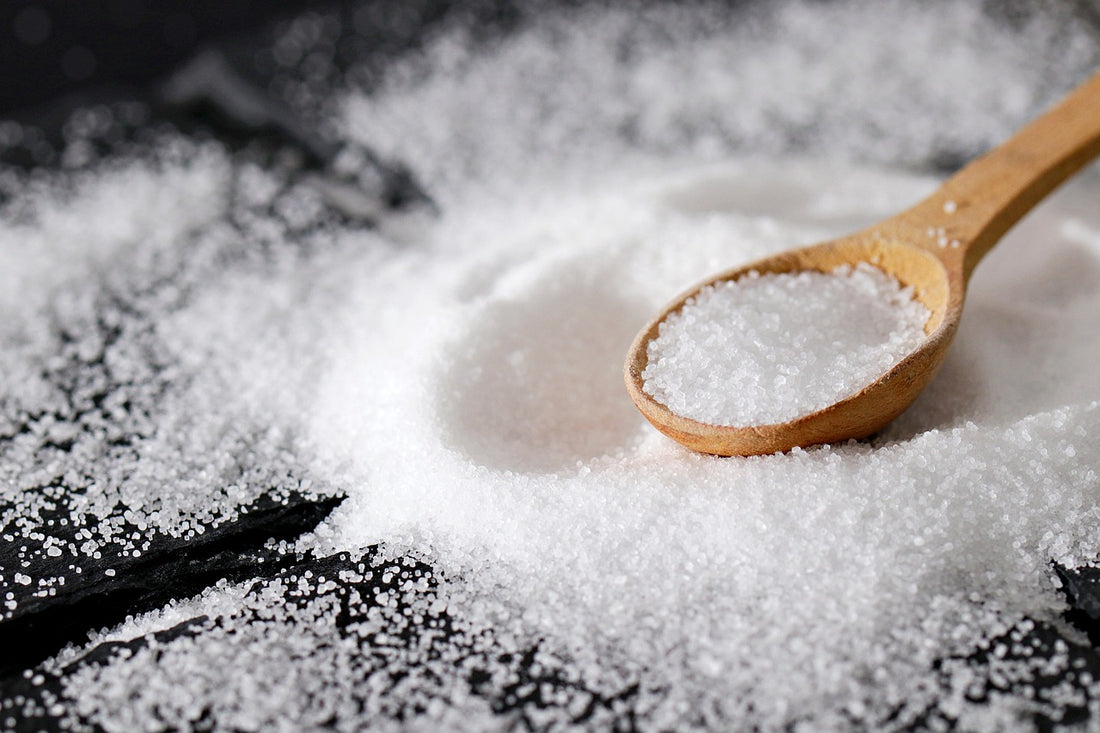Salt is an essential ingredient in every kitchen, but not all salts are created equal. When it comes to sea salt, rock salt, and black salt, understanding their differences can elevate your culinary experience and enhance your health. In this guide, we will explore the unique characteristics, benefits, and best uses of sea salt, rock salt, and black salt. Whether you're a seasoned chef or a home cook, this knowledge will help you make informed choices for your dishes.
Sea Salt
What is Sea Salt?
Sea salt is derived from the evaporation of seawater. Unlike refined table salt, sea salt retains trace minerals, which give it a more complex flavour and a coarser texture.
Benefits of Sea Salt
- Rich in Minerals: Sea salt contains essential minerals such as magnesium, calcium, and potassium.
- Natural Flavour: Its unrefined nature provides a more nuanced taste, enhancing the flavour profile of dishes.
- Healthier Alternative: Due to its lower processing, sea salt is often considered a healthier option compared to table salt.
Uses of Sea Salt
- Cooking: Ideal for seasoning meats, vegetables, and fish.
- Baking: Adds a touch of texture and flavour to baked goods.
- Garnishing: A finishing touch on gourmet dishes and desserts.
Rock Salt
What is Rock Salt?
Rock salt, also known as halite, is a type of salt mined from underground salt deposits. It is coarser and less refined than table salt and often comes in large crystals.
Benefits of Rock Salt
- Purity: Rock salt is typically less processed and thus contains fewer additives.
- Therapeutic Properties: Used in various health treatments like salt baths to relieve muscle soreness and improve skin health.
- Versatility: Suitable for culinary and non-culinary uses, including de-icing and water softening.
Uses of Rock Salt
- Cooking: Commonly used in brining and curing meats.
- Health: Salt lamps and bath salts for therapeutic benefits.
- Industrial: Effective in melting ice on roads and sidewalks.
Black Salt
What is Black Salt?
Black salt, or Kala Namak, is a type of rock salt that has been heated with charcoal, herbs, and seeds, giving it a distinct pinkish-grey colour and a pungent, sulphurous aroma.
Benefits of Black Salt
- Digestive Aid: Known for its digestive properties and is often used in Ayurvedic medicine.
- Unique Flavour: Its sulphur content imparts a tangy, umami flavour that is popular in Indian cuisine.
- Nutrient-Rich: Contains iron and other trace minerals.
Uses of Black Salt
- Culinary: A staple in Indian dishes, chutneys, and raitas.
- Vegan Cuisine: Mimics the flavour of eggs in vegan recipes.
- Health: Used in traditional medicine to treat digestive issues.
Choosing the Right Salt
When choosing between sea salt, rock salt, and black salt, consider the following:
- Flavour: Sea salt offers a clean, mineral-rich taste, rock salt provides a robust, unrefined flavour, and black salt adds a unique, sulphurous tang.
- Texture: Sea salt and rock salt are both coarse, while black salt is usually finer but can vary.
- Health Benefits: Sea salt and black salt contain beneficial minerals, while rock salt's purity makes it suitable for therapeutic uses.
Conclusion
Understanding the differences between sea salt, rock salt, and black salt can significantly impact your cooking and health. Each type of salt brings its unique properties and benefits to the table, making them invaluable additions to your pantry. Experiment with these salts to discover new flavours and health benefits, and elevate your culinary creations to the next level.
For more insights into culinary ingredients and health tips, visit mzafood.com and explore our extensive collection of articles and recipes. Stay informed, stay healthy, and happy cooking!

